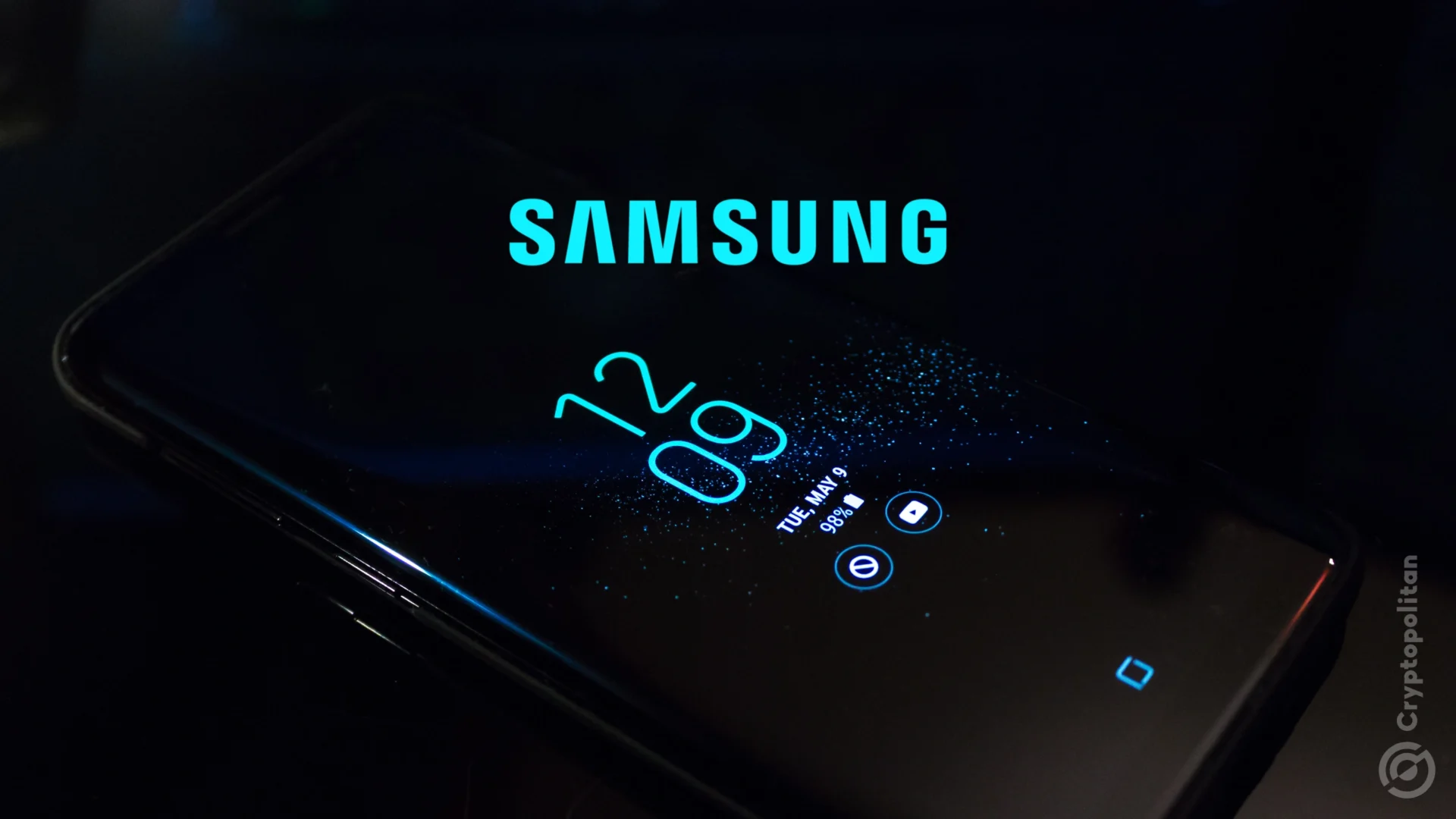Samsung Electronics is lagging behind SK Hynix when it comes to the manufacturing of high-bandwidth memory (HBM) chips for artificial intelligence servers. The company is still in the process of getting its latest products certified by Nvidia.
According to a Bloomberg report, a senior executive from Samsung said that the South Korean company made progress during the qualification process with Nvidia, but the process isn’t complete yet. The electronics company is expecting to begin selling HBM3E, its most advanced memory chip, by the last quarter of 2024.
Due to fierce competition with SK Hynix, Samsung investors remain cautiously optimistic about the company’s ability to secure market share for HBM chips. The delay in receiving approval from Nvidia gave SK Hynix and Micron Technology a head start, allowing them to sell chips faster, secure market share, and generate substantial revenue. Meanwhile, Samsung is contending with weak sales of mobile phone chips.
Samsung’s semiconductor operating profit decline
Due to delays in selling HBM chips, Samsung’s semiconductor division’s operating profit declined by nearly 50% from the expected 6.66 trillion KRW. The Korean company reported an operating profit of 3.86 trillion KRW (approximately $2.8 billion) from its semiconductor division. In contrast, SK Hynix achieved an operating profit of 7.03 trillion KRW (around $5.1 billion) in the third quarter. Additionally, SK Hynix plans to begin selling a 12-layer HBM3E chip, further advancing its lead over Samsung.
Samsung stated that inventory adjustments had a negative impact on the sale of mobile phone chips. Moreover, the company is still dealing with a surplus of older components and hardware in China. The company still benefited from the sales of artificial intelligence and regular server products.
To circumvent the weak sales, the tech giant is cutting the production of legacy memory chips. This will allow the company to focus more on advancing manufacturing processes and produce more superior memory chips. Samsung estimates its capital expenditure for memory chips in 2024 will be around 47.9 trillion KRW. The company is expecting to begin manufacturing the next generation of HBM4 chips in the second half of 2025, said Jaejune Kim, executive VP at Samsung Electronics.
Samsung issues an apology letter
Earlier this month, the tech giant issued an apology letter for the disappointing projected operating profit of 9.10 trillion KRW. In the letter, Vice Chairman of Samsung Electronics, Jun Young-hyun said “Today, the management of Samsung Electronics would like to apologize to you first…We will definitely make the dire situation we are currently facing an opportunity for a leap forward. Our management will take the lead in overcoming the crisis…”
After three weeks of releasing the letter, the actual earnings report revealed Samsung’s revenue, operating profit and net income. The company achieved 9.78 trillion KRW of net income which exceeded the expected 9.78 trillion KRW. Other divisions of the tech giant helped in balancing the decline in memory chip operations.
However, Samsung recorded an operating profit of 9.18 trillion KRW, falling short of the expected 11.456 trillion KRW. The company’s revenue hit 79.1 trillion KRW, less than the 81.96 KRW expected by LSEG analysts.
In 2024 alone, Samsung lost 25% of its value and its listed shares in the South Korean stock exchange fell by 24.71%.










